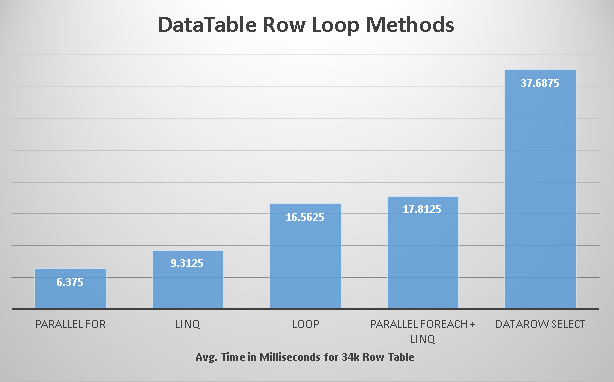 In looking for a way to create some passwords that included sets of characters (lower case, upper, numbers or symbols) below is a chunk of code that seems to do the job. It makes use of RNGCryptoServiceProvider from System.Security.Cryptography instead of the classic Random.
In looking for a way to create some passwords that included sets of characters (lower case, upper, numbers or symbols) below is a chunk of code that seems to do the job. It makes use of RNGCryptoServiceProvider from System.Security.Cryptography instead of the classic Random.
You can choose a set length or variable:
//use a set length string pass = GenerateAPassword(10); //or get a random length between two ints string pass = GenerateAPassword(12, 15);
The required parts of the password are created using a simple string array. -Be careful is creating small sets of strings, as it could take longer to create a password to fulfill the requirements.
string[] parts = new string[] { "abcdefghjkmnpqrstuvwxyz", "ABCDEFGHJKLMNPQRSTUVWXYZ", "23456789", "*&^%$#@!" };
Below is the needed code.
You’ll need: using System.Security.Cryptography & using System.Text at the least.
public string GenerateAPassword(int length, int maxl = 0) { //separate required parts of password below //below i have lower, upper, numbers and symbols string[] parts = new string[] { "abcdefghjkmnpqrstuvwxyz", "ABCDEFGHJKLMNPQRSTUVWXYZ", "23456789", "*&^%$#@!" }; if (length < parts.Length + 1) { return "invalid length"; } // if (maxl > 0) { length = rngNumber(length, maxl); } StringBuilder pass = new StringBuilder(); int l = length; while (0 < l--) { pass.Append(string.Join("", parts)[rngNumber(0, string.Join("", parts).Length - 1)]); } //check of parts of password exist foreach (string part in parts) { if (pass.ToString().IndexOfAny(part.ToCharArray()) == -1) { //create again if missing return GenerateAPassword(length); } } return pass.ToString(); } private static readonly RNGCryptoServiceProvider rng = new RNGCryptoServiceProvider(); public static int rngNumber(int min, int max) { byte[] randomNumber = new byte[1]; rng.GetBytes(randomNumber); return (int)(min + (Math.Floor(Math.Max(0, ((Convert.ToDouble(randomNumber[0])) / 255d) - 0.00000000001d) * (max - min + 1)))); }
 I still find myself using DataTables (from SQL Server, mySQL, etc.) on a regular basis. In an effort to see how some different methods of looping through the data performs and what method might be the fastest, I put together some small, fast tests, below are my test results.
I still find myself using DataTables (from SQL Server, mySQL, etc.) on a regular basis. In an effort to see how some different methods of looping through the data performs and what method might be the fastest, I put together some small, fast tests, below are my test results.
 Parsing JSON in C# is pretty simple. I’m a fan of using
Parsing JSON in C# is pretty simple. I’m a fan of using